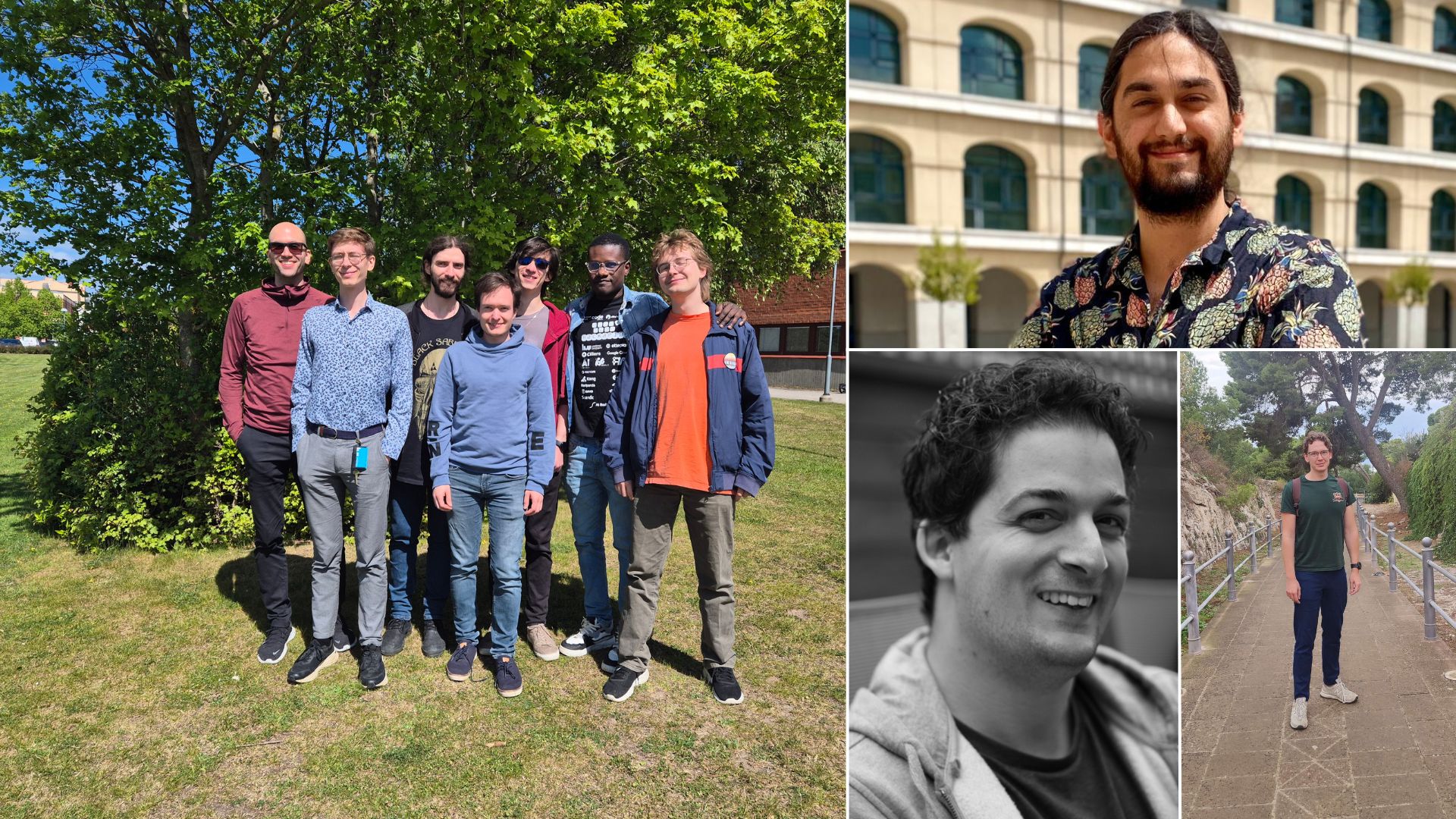A team from Linköping University are the proud winners of the Beluga AI Challenge, organized by Airbus in collaboration with the TUPLES consortium for trustworthy AI. The challenge, which was held virtually, focused on logistics for aircraft construction and was divided into three sub-challenges.
The team from Linköping University, composed by Elliot Gestrin, Mauricio Salerno and the WASP PhD students Gustaf Söderholm, Paul Höft, WASP faculty Jendrik Seipp, and led by Daniel Gnad, won the sub-challenge in explainability.
Winning the Explainability sub-challenge
The challenge in explainability involved explaining to a human why the automatic planning system made the decisions it did. The team’s solution leveraged counterfactual reasoning, generating hypothetical scenarios to highlight key aspects of the real problem. These scenarios were then analyzed using a large language model (LLM), which translated the reasoning into accessible explanations.
“It’s a very special recognition that our system won the challenge,” says Daniel Gnad, WASP Assistant Professor at Linköping University. “These events attract world-class teams from both academia and industry. What makes this win even more remarkable is that our team wasn’t specialized in explainable AI. It was the unique combination of expertise in AI planning and human-computer interaction that made the difference.”
Winning the challenge also opens new doors for the team, as they have been invited to collaborate with the TUPLES consortium—an opportunity to engage with some of Europe’s leading researchers in trustworthy AI.
Daniel emphasizes that explainable AI is still an emerging field, with few established systems for tackling such problems. The team’s ability to think creatively and combine techniques from different domains was key to their success.
“Our approach was both practical and computationally efficient. The counterfactual reasoning helped us identify concise logical expressions to analyze the problem, while the LLM provided clear, understandable explanations for engineers without an AI background,” Daniel concludes.
About the Beluga AI Challenge
The competition challenge is based on a logistic planning problem proposed by Airbus. It deals with the storage and management of cargo transported by Airbus Beluga XL aircrafts. Those bring aircraft parts that need to be pushed to – or pulled from – a rack system that works as a bidirectional multi queue system. The three challenges are:
- Scalability Deterministic
- Scalability Probabilistic challenge
- Explainability challenge
Published: May 21st, 2025
[addtoany]


